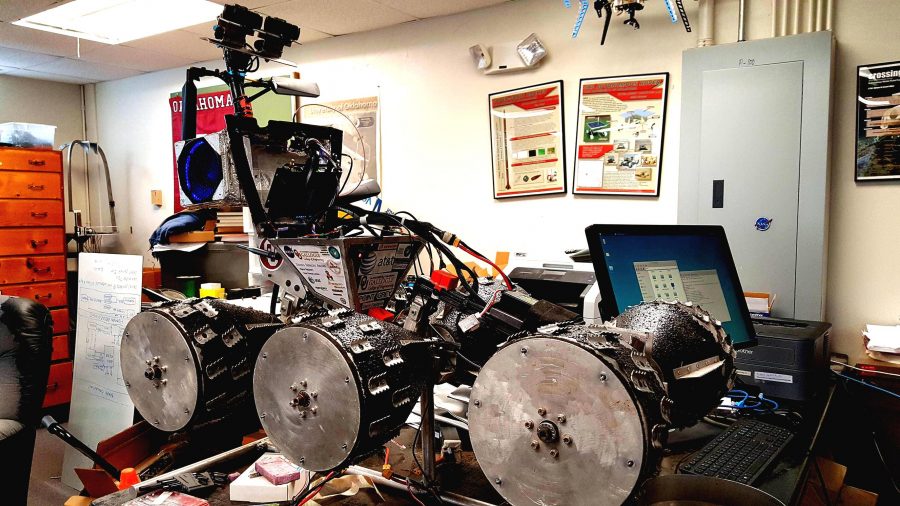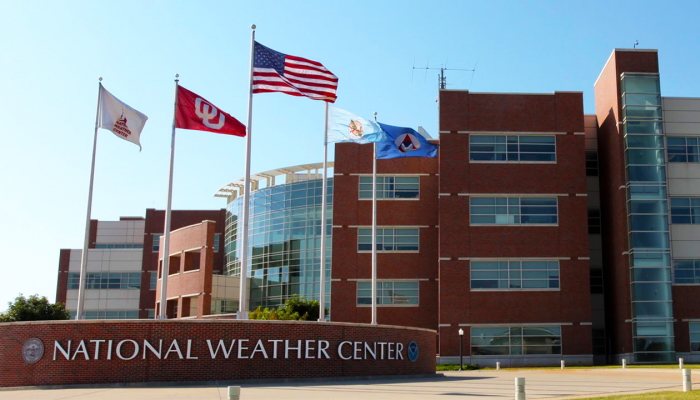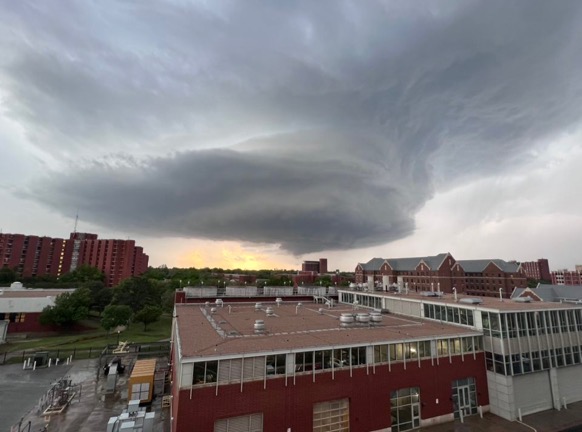A research team at the University of Oklahoma Aerospace and Mechanical Engineering Department is planning to have their mock space rover operational for their second of testing later this month.
The team continually works to find efficient ways to remotely communicate with the rover with as little resources and buffer time as possible. The significance of their findings could mean less equipment on board and a faster response time with interplanetary machine explorers.
Team member Jennifer Droke, Senior, said their work has not been looked at extensively in the past, and their main point of reference is the Lunokhod programme, which was a series of Russian lunar rovers launched in the 1970s.
“Not much has been done with improving teleoperation,” Droke said. “We don’t have many details with that because it was Soviet Union documents that have been redacted, so there’s not too much to go on.”
A focus on interface and accessibility for controlling the rover was programmed by masters student Joe Dal Santo. “We’re trying to improve the technology and the methodology of attempting to control the rover in the closest thing to real-time as possible.”
The team will be looking for subjects to test the rover first-hand in the next coming weeks. Volunteer sign-ups are expected to be available soon.





